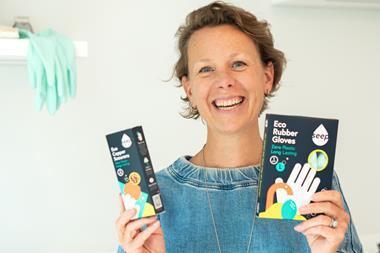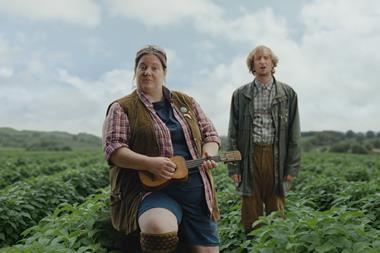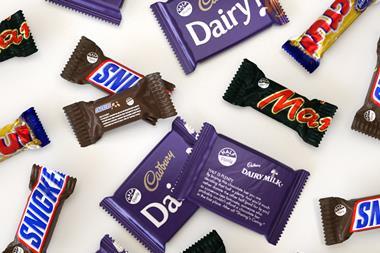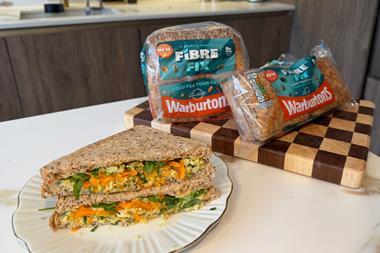
Would your customers still buy your products if they could see every stage of how you made them? Would they still engage with your brand if they could look behind every claim you make? If you’re open, honest and ambitious on the sustainability agenda, then they’ll stick with you – and you might even win new customers as well.
Food brands, and indeed those challenging them to progress, should be held to account on green claims. Yet if I put myself in the shoes of food sector marketeers that genuinely want to create market demand for healthier, more sustainable food and drink, I can see it’s a hard balance to strike between grounded, evidenced claims and what will appeal to customers.
Greenwashing and nutritionwashing are widespread amongst grocery brands. There are too many sustainability and health claims made that can’t be properly substantiated or that only give a partial picture of reality. It would be easy to develop an A to Z of ways the most unscrupulous food companies make misleading green or health claims – absolute assertions like ‘good for the planet’, broad bluster in sweeping statements like ‘eco-friendly’, plus confusing claims and dodgy data, such as only sharing part of a product’s carbon footprint.
Paradoxically, there is also a rising tide of greenhushing, whereby companies are increasingly choosing to stay silent on the sustainability agenda. This is being fuelled by fear of a potential backlash from regulators, campaigners, customers and even investors.
Food brands like Oatly, Tesco and Quorn have all received rulings from the Advertising Standards Authority (ASA), following complaints from the public about certain green claims in advertising campaigns. The ASA is also being proactive online via its Active Ad Monitoring System, a technology package that helps detect potential irresponsible online claims and allows an ASA team to quickly act.
Punishments for greenwashing are going to get more severe. If UK law changes as expected in 2024, the Competition & Markets Authority will gain powers to fine a business 10% of its global turnover for misleading claims, which can include statements on sustainability.
While there is not the same deterrent for greenhushing, it is as damaging as greenwashing. Brands play a key role in the mass behaviour change needed to shift society onto a greener, fairer footing. Keeping silent on the green agenda will hamper necessary efforts to engage the public and push for better policy.
Greenspeaking with confidence will only be possible if brands get their green houses in order: if there is (fast-setting) concrete behind their claims. The Food Ethics Council’s Business Forum on how to navigate the balance between greenwashing and greenhushing showed there is space for progressive food brands to flourish: in between the talking rubbish and the doing nothing.
Whether companies are ESG reporting to investors or advertising better products, brands must first and foremost visibly push forward on environmental and social action. When making claims, brands must be honest and transparent about their sustainability journey – and be specific about what they are claiming. They should track and verify progress, and openly share learning.
In doing so, they will empower customers, showing that evidenced-based sustainability marketing and boosting green demand can go hand in hand. Research shows the public are more inclined to trust more careful claims that acknowledge brands are on a journey, than big sweeping green claims that smack of greenwashing.
So, what do brands need? Intent, clear definitions, measures, action and clarity. The commercial and responsible opportunities are there. Beware, but don’t be silent. Instead be bold and be honest.



















No comments yet